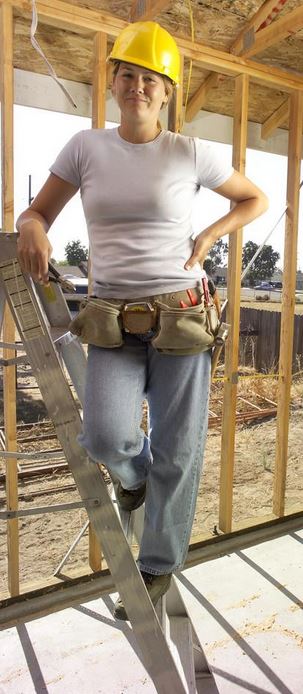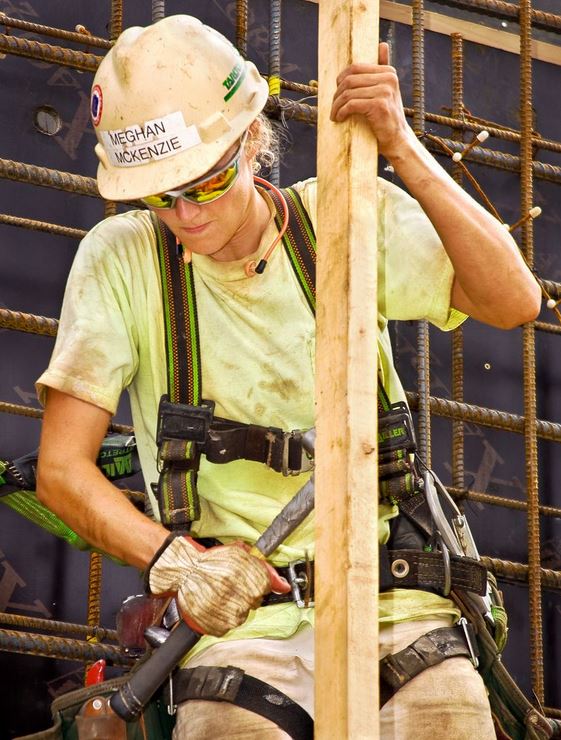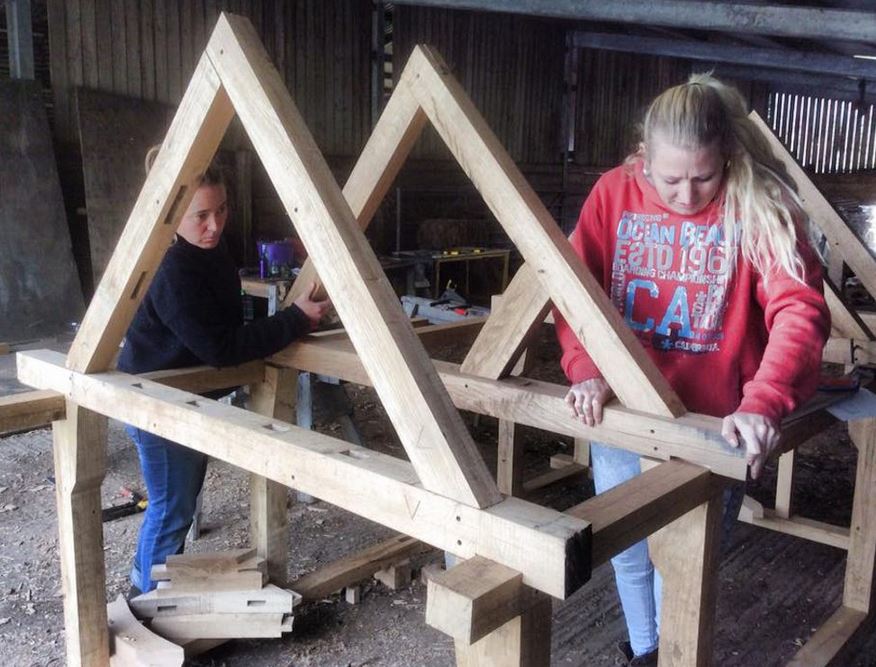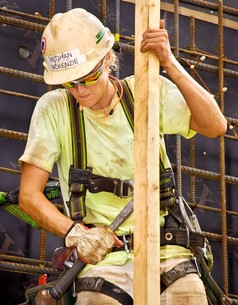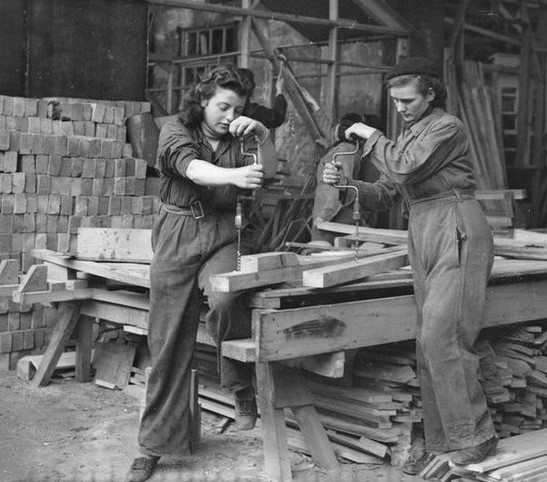I have often counseled young men to take up a trade before (or, depending on the lad, instead of) going off to college. This is as much for some kind of income stability, of course, as it is for them to learn the value and reward of hard physical work — which every man should experience.
So when I saw this link about “Durable Trades” at Insty’s, I hurried over to see what it was all about. And was a little disappointed.
Defining “durable” has not been easy. I wanted to know which types of businesses have been the least affected by external factors throughout history, place, governments, economic cycles, invention, and social upheaval. Which trades have endured for centuries and still exist today? Which trades are the most family-centric? And, of course, which trades do all this and still provide a living? Conversely, which trades are overly dependent on brittle systems and therefore not likely to withstand economic, societal and technological upheaval?
Granted, in a time of economic collapse or a return to Middle Ages-type living, the demand for “Instagram influencers” may not be as important as they are today (quit that cheering). But at the same time, I have to question some of his trades because while they may have been durable in the past — and to be fair, the author doesn’t attempt to forecast anything — I’m not so sure what the future holds for them. Here are his top trades in order (and go back to the link to see his methodology):
Shepherd (rancher, livestock farmer, dairyman)
Farmer
Midwife
Gardener (arborist, landscaper, florist)
Woodworker (cabinetmaker, “finish” carpenter)
Carpenter (a builder of structures)
Painter (siding contractor, wall covering specialist)
Cook (chef, caterer, restauranteur)
Brewer (winemaker, distiller)
Innkeeper (hotelier)
For some reason, I think that an electrician is a more durable trade than a gardener — it certainly will be, going forward — and likewise, a metalworker (blacksmith, welder, etc.) will have a better go than an innkeeper. (I know: there wasn’t much call for electricians back in the sixteenth century, but I’ll bet that metalworkers were in high demand.) And since we’ve moved away from leeches and trepanning, I’m pretty sure that a doctor would have a more durable trade than a wall covering specialist.
There are basically four kinds of trade, methinks (and there is some overlap, certainly over time):
Primal: builders (carpenters, bricklayers, stone masons, and ship builders), farmers (crops and livestock) fishermen, weavers / tailors, drovers (carts and wagons, and the trades which built them: blacksmiths, cartwrights and wainwrights), soldiers, cooks / bakers and yes, midwives. From the Year Dot until, say, the twelfth century, all these trades could garner for their practitioners a decent and even consistent living.
Mechanical: engineers, electricians, [add: plumbers, thankee ] coachbuilders, and the trades which are extensions of, or adjuncts to the earlier ones: architects, doctors, brewers / distillers, and so on.
Services: innkeepers, painters, gardeners, waiters, repair technicians (outside of the primal trades), prostitutes, police, teachers and the like.
Intellectual: lawyers, software developers, accountants, entertainers (actors, musicians) and so on. (Typically, these do not require any kind of manual labor.)
I take Groves’s point about “family-centric” trades being the most durable (cooking, building, teaching and birthing are the first that come to mind), but the extension of that thought is that as one moves further away from home and family needs, one eventually ends up with advertising account executives and marketing consultants, whose value to society is so close to zero as makes no difference.
Feel free to discuss this topic further in Comments
Note: I’ve left “professional sportsmen” and careers like “modeling” off the list entirely. Although these folks can earn a substantial amount, the actual number that do (as a percentage of all people who perform such activities) is tiny — far less than 1% — and the vast majority of professionals of this type earn very little. Also, the working life of a professional sportsman is little more than a decade, less for a model, so it’s not a durable trade. (I know, golf. It’s not a sport, it’s a game, like snooker.)
Some may also raise an eyebrow at my inclusion of prostitution on this list, but it’s not only a durable trade (assuming you can survive it, e.g. Carroty Nell), but one you could theoretically practice for a very long time. (Here’s a little personal anecdote. In my three-and-a-half years as an undergraduate here in Texas, I knew personally about half a dozen girls who had been on the game, and another few who were still doing it. All were amazingly attractive, by the way.)

